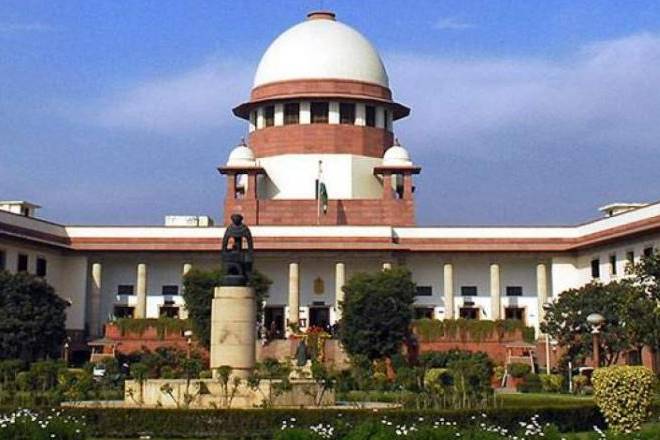New Delhi: Facing the heat for procedural delay in execution of death sentence of four convicts in the Nirbhaya gangrape and murder case, the Ministry of Home Affairs (MHA) here Wednesday moved the Supreme Court seeking modification of its January 2014 judgement that didn’t specify deadline for availing legal remedies.
Convicts, in heinous crimes, under the garb of Article 21 were taking the judicial process for a ride, the MEA said.
In its plea, the MEA has urged the apex court to fix a time limit for death-row convicts to file curative petition, that the mercy petition should be filed within seven days of issue of death warrant, and execution be carried out within 14 days of rejection of the mercy plea.
The MHA submitted while taking care of the convicts’ rights, ‘it’s more important and need of the hour to lay down guidelines in the interest of the victims, their families and the larger public, lest the convicts of such horrible, dreadful, cruel, abominable, ghastly, gruesome and heinous offences would be permitted to play with the majesty of law and prolong the execution of sentence awarded to them in accordance with the law’.
The judicial system conducts elaborate scrutiny, through a phased legal process, with respect to execution of the death sentence.
The apex court through a common judgment and order January 21, 2014 – (Shatrughan Chauhan) and other connected matters – laid down some guidelines with respect to the procedure to be followed for filing mercy petitions, filed either by the convicts awarded death sentence or their family members or others, like the ‘People’s Union for Democratic Rights’, and execution of the sentence keeping in account the interest of the death-row convicts.
These guidelines, however, don’t take into account an irreparable mental trauma, agony, upheaval and derangement of the victims and their family members, the collective conscience of the nation and the deterrent effect, which the capital punishment intends to make,” said the MHA.
Citing the procedural delay, the MHA said in case of multiple accused being awarded death penalty in the same case, it often happened that one accused filed the review/mercy petition and on its rejection co-convicts were either advised to or independently chose not to file any further application or initiate other proceedings.
“This is for the simple reason that though many jail manuals don’t prohibit execution of death sentence of co-convicts, one by one, there may be some states where the execution of death sentence with regard to the co-convicts may be simultaneous,” the MHA said.
IANS
